10 Historical Fashion Trends From The 70s That Should Remain At That Time
The fashion of 70s, in this scene has been very experimental and subsequently atrocious.

Disastrous fashion trends throughout history have left lasting impressions. From bell-bottoms to shoulder pads, these trends often captivate the public for a brief moment but end up being cringe-worthy in retrospect. They remind us that fashion is ever-evolving, and what’s popular today might become a fashion disaster tomorrow. The fashion of 70s, in this scene has been very experimental and subsequently atrocious. Let’s explore some of the most memorable fashion trends from the 70s that have come and gone and should remain gone.
ARM WARMERS:
Arm warmers in the 770s was an utter style suicide due to their impracticality and questionable aesthetics. They often clashed with outfits and looked out of place. Additionally, their limited functionality didn’t justify their presence. Bringing them back would be a step backward, as modern fashion has evolved to prioritize both style and practicality, rendering arm warmers obsolete and unappealing in today’s fashion landscape.
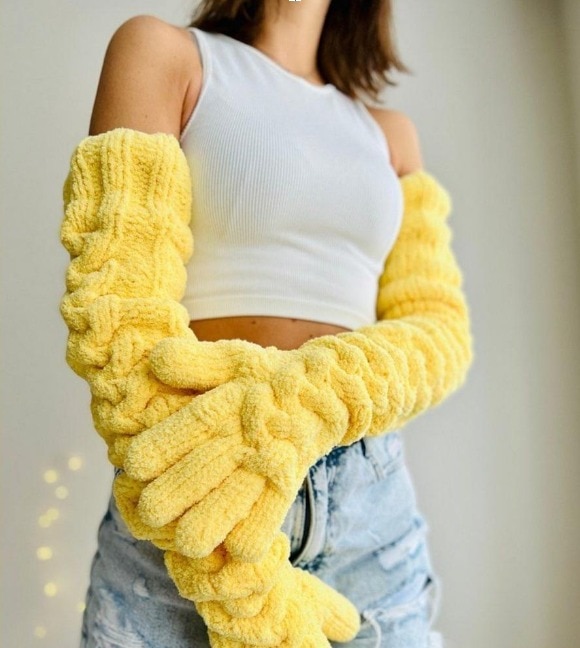
BOOB SCARFS:
In the 70s, boob scarf holders were an epic fail in the fashion department. These peculiar accessories were designed to hold scarves near the chest, resembling breasts. Despite their quirky appeal, they often led to awkward and uncomfortable situations. The fashion choice was widely criticized for objectifying women and lacked practicality. Consequently, they quickly faded from the fashion scene, becoming a bizarre reminder of the era's eccentric style experiments. They shouldn’t make a comeback because they perpetuate outdated and sexist ideas about women’s fashion and body objectification and also they look extremely uneasy.
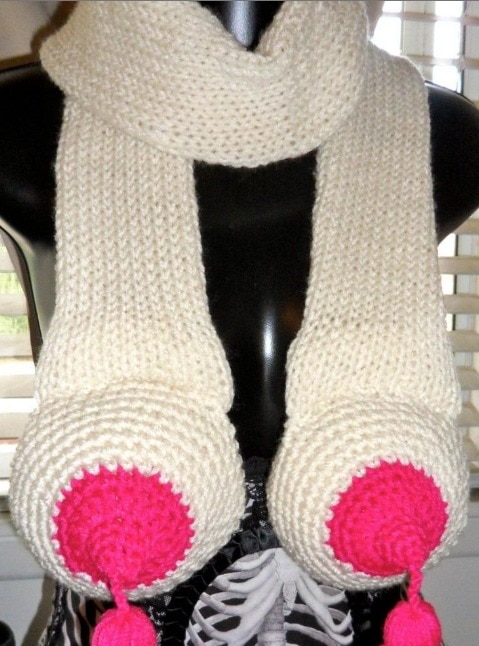
CLEAR PLASTIC BOOTS:
Clear plastic boots in the 70s were a disaster fashion choice, as they lacked style and practicality. The transparent material often fogged up, causing discomfort and embarrassment. They provided no insulation, making feet sweaty and prone to blisters. Moreover, their cheap appearance clashed with outfits. Bringing them back would perpetuate a fashion faux pas, reminding us of the awkward and uncomfortable trends of the past. Let’s avoid repeating this mistake!
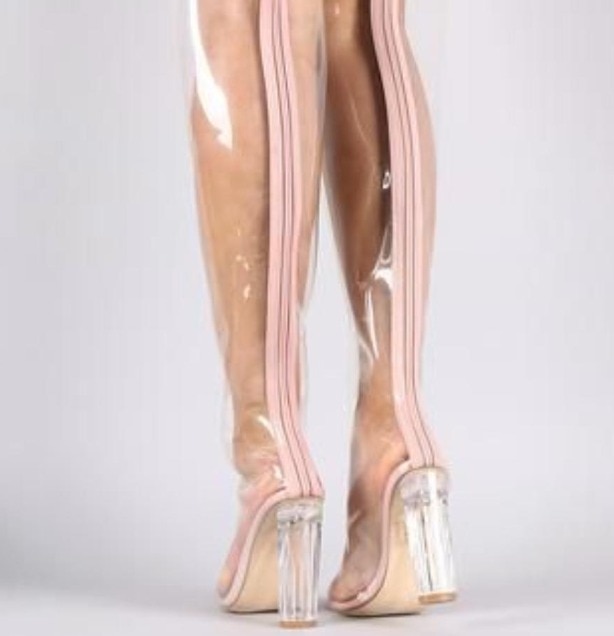
DRESSES OVER PEDAL PUSHERS:
Dresses over pedal pushers were a complete fashion blunder in the past because they combined two conflicting styles, resulting in a visually unflattering and awkward look. The combination created an odd proportion that didn’t complement body shapes. Bringing them back would risk repeating the fashion blunder, as they lack cohesion and elegance. Instead, focusing on modern, well-tailored outfits can accentuate individual style without resurrecting fashion mistakes from the past.
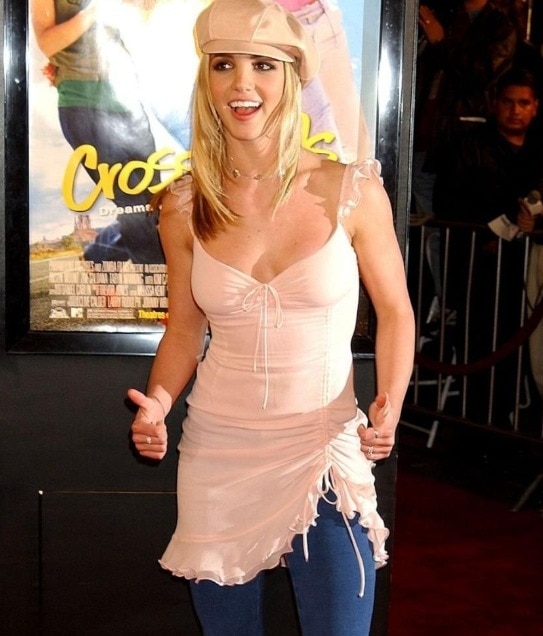
GIANT JEANS:
Giant jeans a complete fashion faux pas in the 70s due to their excessive size and impracticality. They were overwhelmingly bulky, making movement difficult and often causing tripping hazards. Their unflattering fit did not complement most body types, leading to an unappealing silhouette. Bringing them back would be a step backward in fashion evolution, as we’ve learned to prioritize comfort, style, and practicality in modern clothing choices.
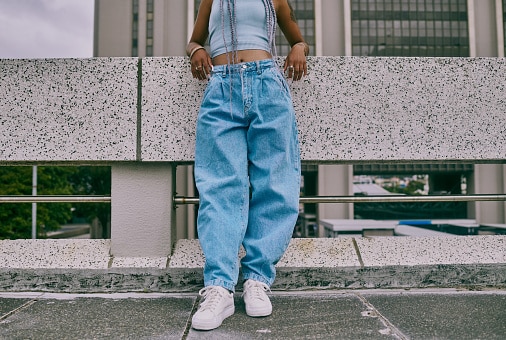
JELLY SHOES:
Jelly shoes as a fashion trend was a total debacle due to their uncomfortable, sweaty, and blister-inducing nature. Their plastic material trapped moisture, causing discomfort and bad odor. Additionally, their lack of support led to foot pain and potential injuries. Bringing them back would be a step backward in fashion and prioritizing style over comfort, which isn’t ideal for overall foot health and well-being. Modern footwear options offer style and comfort without the drawbacks of jelly shoes.
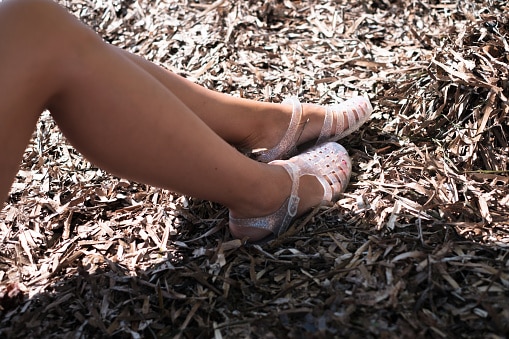
PLATFORM SNEAKERS:
Platform sneakers in the 70s were a dismal fashion failure due to their exaggerated height and clunky appearance. They made walking difficult and often led to accidents. Today, they shouldn’t make a comeback because the fashion industry has evolved with more practical and stylish options available. Platform sneakers lack versatility, making them less appealing in modern fashion trends. Embracing current styles will ensure a more comfortable and elegant look.
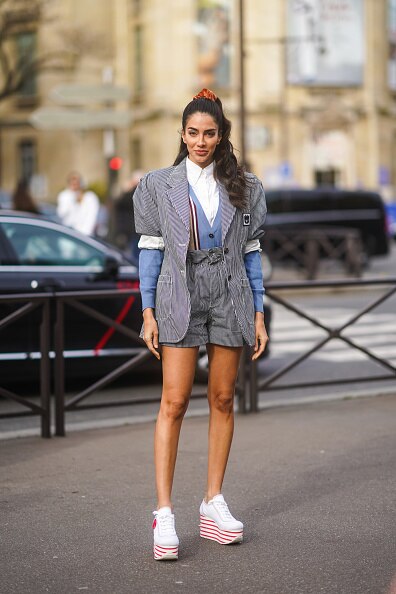
RUBBER AND LATEX JUMPSUITS:
Rubber and latex jumpsuits were a fashion mishap of epic proportions due to their uncomfortable and restrictive nature. They often caused excessive sweating, skin irritation, and difficulty in movement. The materials weren’t breathable, leading to discomfort and potential health issues. Additionally, they lacked versatility, making them impractical for everyday wear. A comeback would be undesirable as it would reintroduce these discomforts and fashion mistakes from the past.
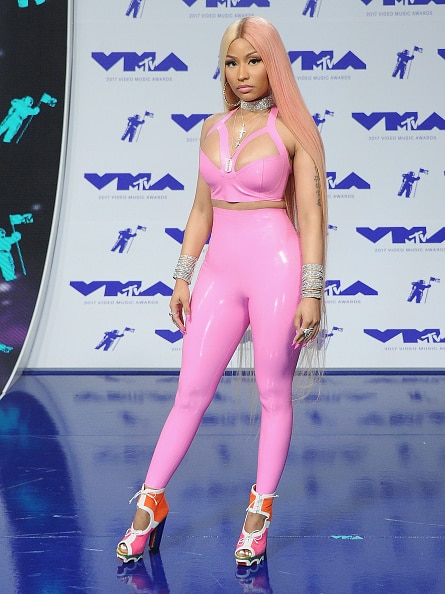
SHOULDER PADS:
Shoulder pads in the 70s were a complete fashion catastrophe because they created an exaggerated and boxy silhouette, making people look disproportionate. They were uncomfortable and restricted movement, making daily tasks challenging. Bringing them back would be unwise as modern fashion trends emphasize comfort and natural body shapes. Instead, we should focus on contemporary styles that promote confidence, comfort, and individuality without revisiting the impracticality of shoulder pads.
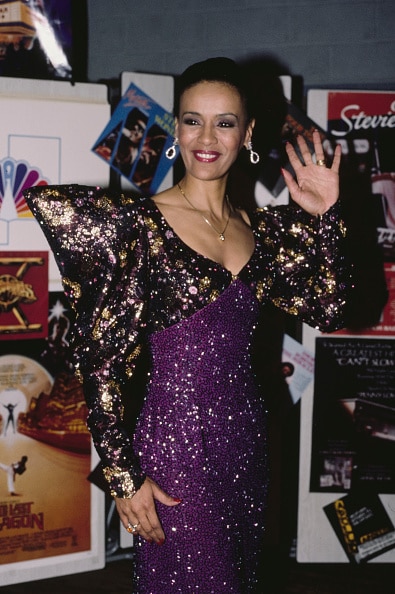
SNAKE SKIN PRINTS:
Snake skin print as a disaster fashion choice stems from its unethical origins and association with animal cruelty. Wearing snake skin print promotes the use of real animal skins, perpetuating harm to wildlife populations. Furthermore, it can be perceived as tacky and outdated, lacking sophistication in modern fashion trends. Embracing cruelty-free, sustainable alternatives showcases compassion for animals and aligns with ethical and eco-conscious values, making a comeback undesirable.
These were some fashion trends out of a very long list of disasters from 70s, that shouldn’t come back because they may promote harmful stereotypes, lack practicality, or be uncomfortable. Additionally, some trends may not align with current social values or might have been overdone in the past, making their return less desirable. It’s essential to evolve and embrace new styles that better reflect our changing perspectives and needs.
Related Video
Union Budget 2024: Nirmala Sitharaman Reaches Parliament Ahead Of Budget Presentation Today | ABP News





































